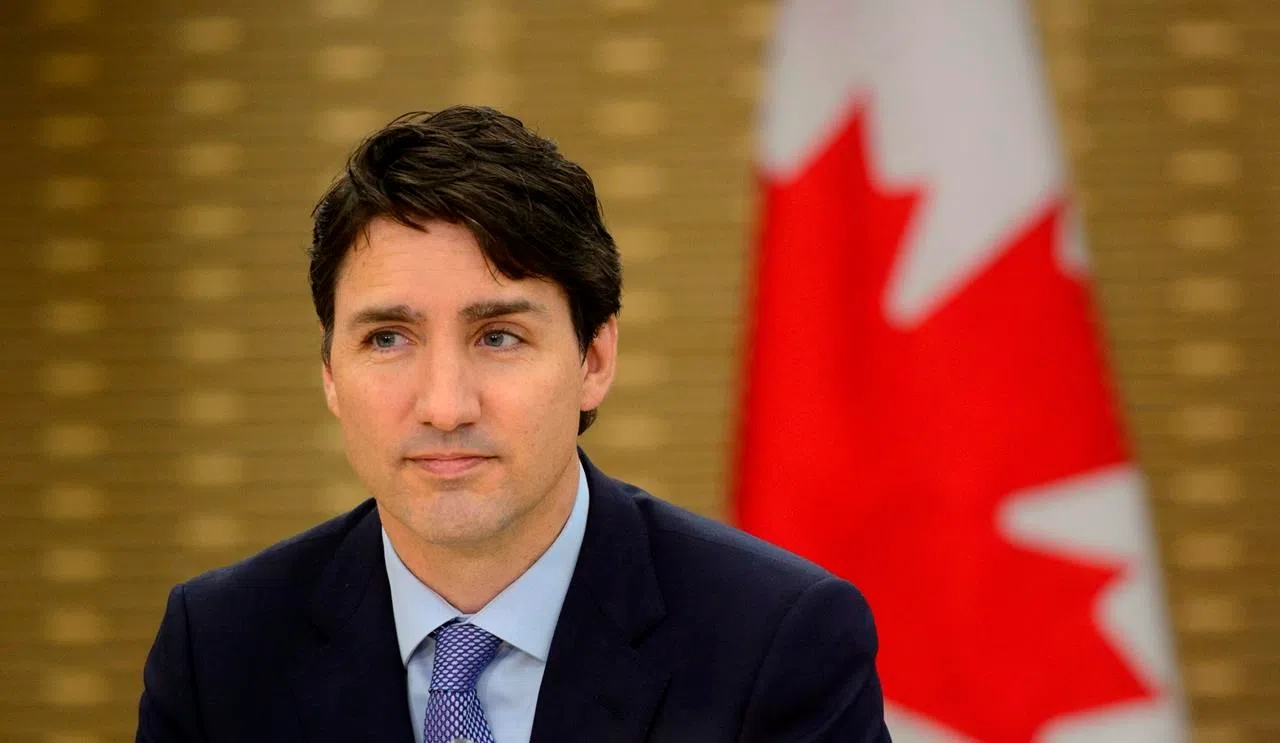
Liberals urged to tackle killer robots at G7 as part of AI innovation push
OTTAWA — The Trudeau government is facing pressure on several fronts to lead an international ban on the use of autonomous weapons, the so-called “killer robots” that some fear could result from artificial intelligence run amok.
The calls come as Canada hosted a G7 meeting this week in which ministers from the world’s richest economies pushed AI as the key to kick-starting growth and jobs of the future — a discussion that largely skirted the technology’s darker implications.
The international campaign for a treaty to ban autonomous weapons, as well as some of Canada’s leading AI innovators, say the Trudeau government can’t continue to discount the threats from the emerging and pervasive technology as it tries to use it an engine of economic growth.
The ministers concluded their two days of meetings in Montreal affirming their support for a common vision for AI, agreeing to hold a conference on the subject in Canada this fall to launch the G7 Future of Work Forum.


